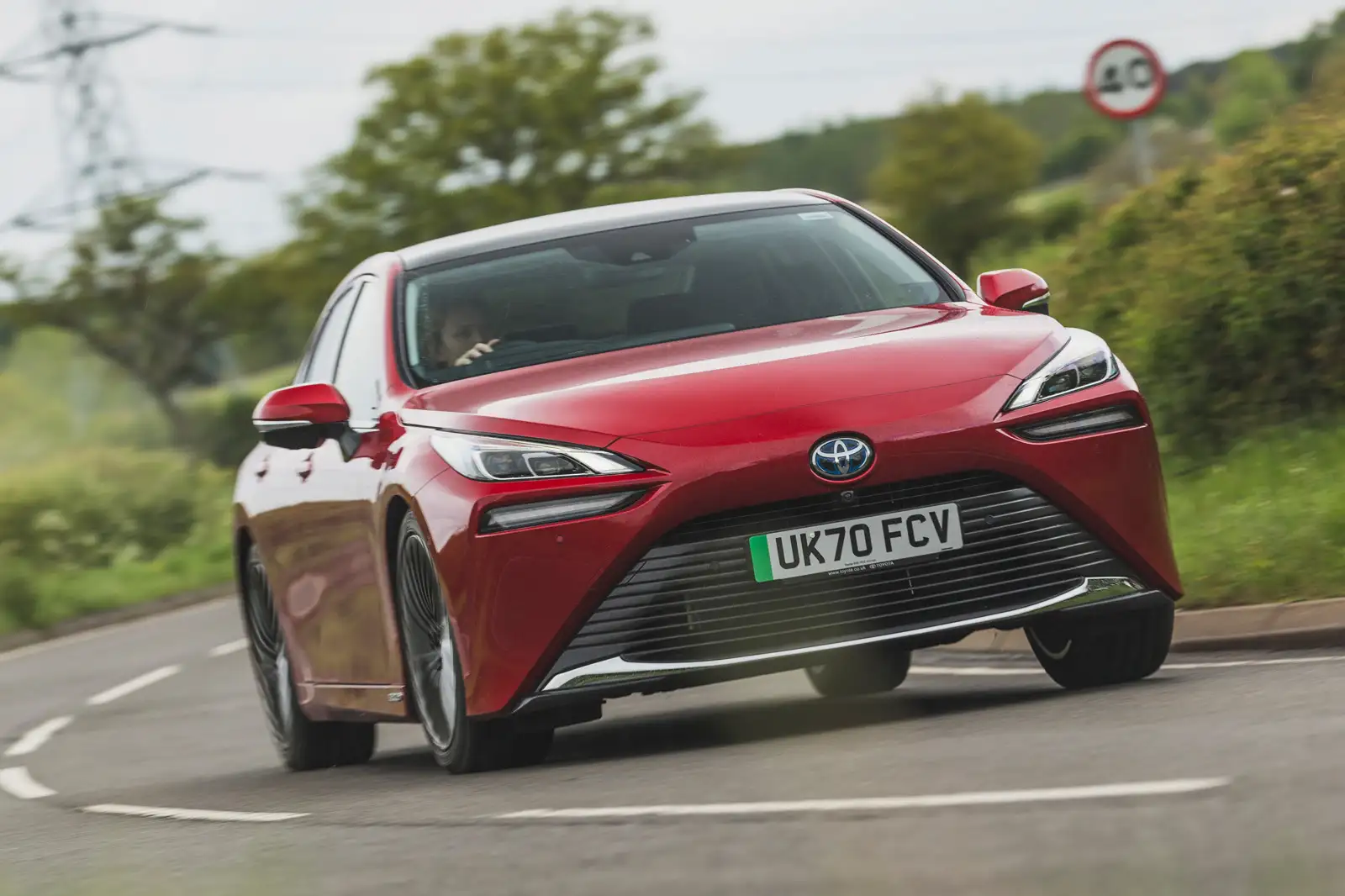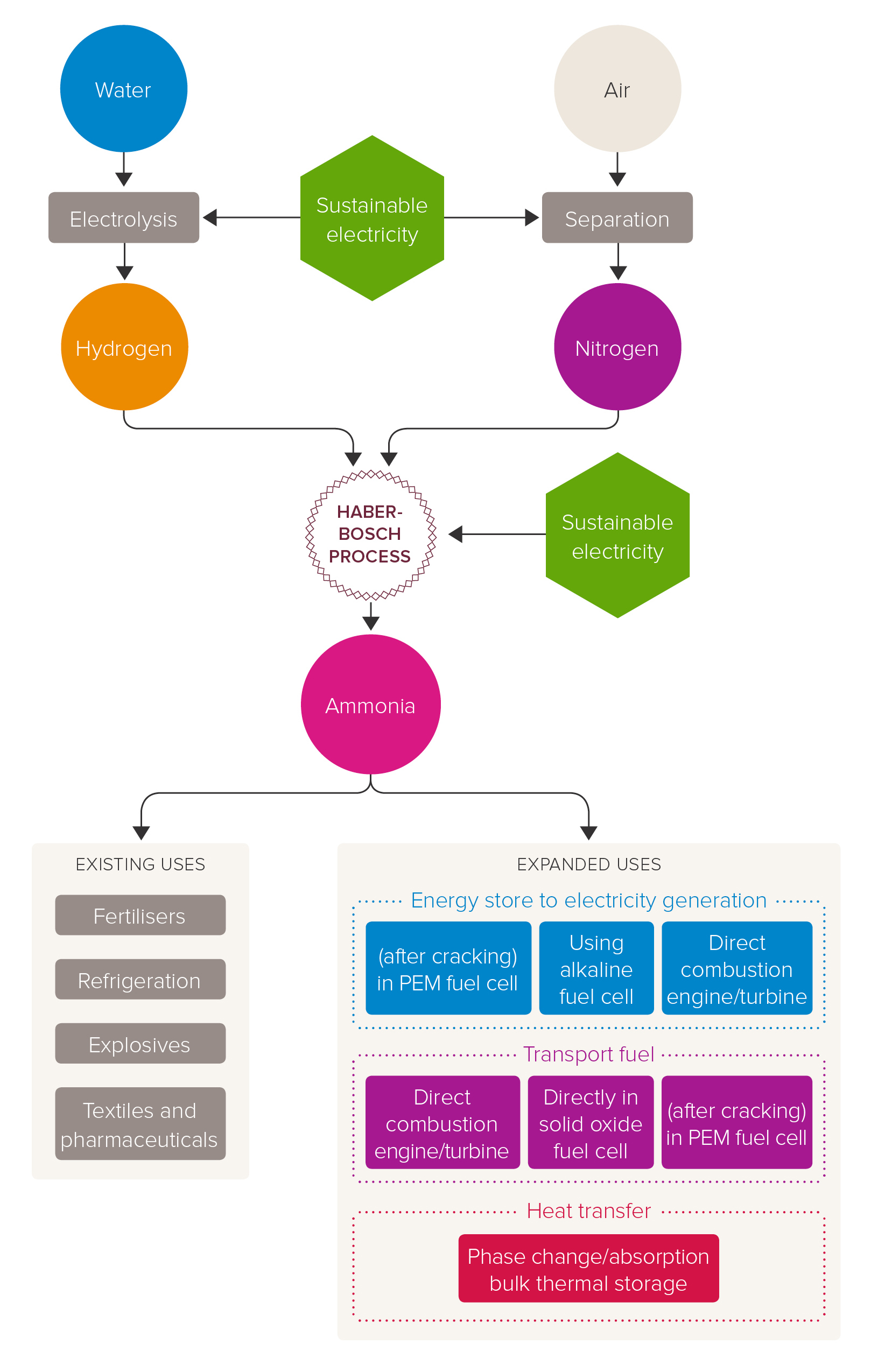slade1
MB Enthusiast
And more and more has a high rise vehicle in use the advantage is lost.
Follow along with the video below to see how to install our site as a web app on your home screen.
Note: This feature may not be available in some browsers.
This would be the perfect time to tax electric cars on size (footprint) and weight. This would get rid of monstrous SUVs etc.
And more and more has a high rise vehicle in use the advantage is lost.

I don't doubt that it's free from challenges, hence my point about it always being the fuel of the future. But the key element is that it requires a much smaller battery than an EV... Something more akin to a PHEV. This should mean it's far better at point of manufacture than a BEV from an environmental standpoint.At £66k its not exactly cheap! And because its essentially an EV + has roughly the same manufacturing environmental impact coupled to increased vehicle complexity [ tank/fuel cell/ battery/electric motor-- fuel cells like to operate at fixed demand meaning they are not suited to providing the variable demands of a vehicle electric motor without the "power smoothing "of an intermediate battery or capacitor. H2 supply distribution is likely to a problem because you can't normally pump hydrogen along pipes like natural gas. It has to be blended with natural gas at about the 15% H2 level to use existing pipelines which poses the question - what do you use the rest of the hydrocarbon containing natural gas for---its like PIPED HYDROGEN has a CO2 hydrocarbon penalty/ handicap to overcome?
Toyota Mirai review | Autocar
Hydrogen power returns to Toyota’s line-up with a radically different second-generation Miraiwww.autocar.co.uk
Hydrogen Pipelines
What is it they say about Hydrogen being the fuel of the future, and it always will be.
It is coming, though: Gigawatt-scale: the world's 13 largest green-hydrogen projects | RechargeI was in my local library and asked where the hydrogen as future fuel power section was. ''Where it’s always been, just around the corner'' they said.
It is coming, though: Gigawatt-scale: the world's 13 largest green-hydrogen projects | Recharge
With investments like those, economies of scale will reduce the cost soon enough.
The focus is not necessarily on vehicle transport, it seems, rather on providing power for industrial uses.


We use essential cookies to make this site work, and optional cookies to enhance your experience.